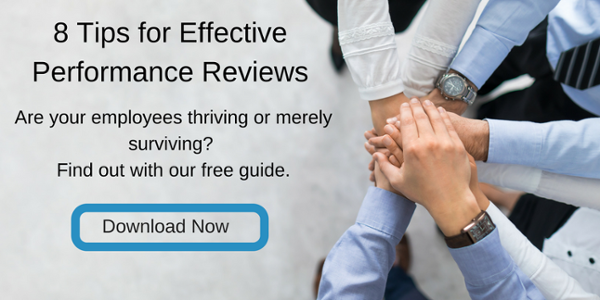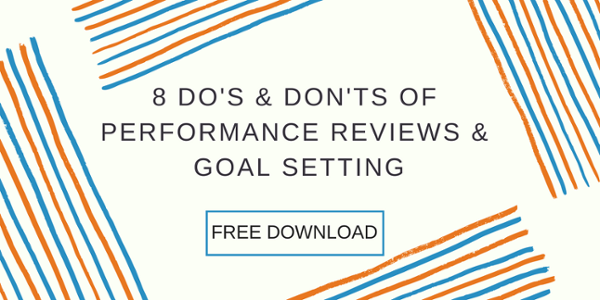With unemployment at its lowest number in 18 years, hiring the right person for the right role is getting more challenging, especially for specialized or top-tier positions. The tight labor market requires companies to put a plan in place to keep their best employees.
Organizations should engage employees who have skills that will be needed for future success. This creates a workplace where employees feel secure, supported and able to pursue their ideal career path.
Why Plan?
Planning for promotions benefits all parties:
- Retirees: This generation's work often defined their lives, and on average, those aged 55-64 have been at their company for 10 years (compared to 2.8 years for those 25-34). They want to pass on valued skills and knowledge, and to know their departure won't be disruptive to their organization or team.
- Promoted Employees: Like retirees, employees who are being promoted at your company are likely to care deeply about the company and their team. When you've planned for this move, they benefit from your foresight in both directions: knowing what they're stepping into and having the confidence their replacement is trained and competent.
- The Up-and-Comers: By telling your employees where you see them going, you're giving them the path and tools they need to get trained on where you need them to be. This offers them stability, insight into their future role, a look at their skills gaps and a vote of confidence in their abilities.
- The Company: Companies that empower employees to become their best in their role will entrench a sense of job security and optimism in the future of the company. Successful managers will use planning as a tool for connection and retention.
Who Gets a Plan?
You get a plan! You get a plan! Everyone gets a plan!
We're talking about planning for promotions and filling those roles, but it needs to be said: Employees who aren't destined for managerial roles should still have a rewarding career plan, so don't count them out. Do this by creating levels of expertise in current job titles and look at it as a way to encourage employees to continually improve themselves to earn pay increases and distinction.
Departures, promotions and transfers in the management tiers of your organization can send tremors through the company. Companies should communicate openly and with all employees, both on a broad scale and at a team level. Make it clear who's going where, when and what kind of managerial role he or she will be walking into and - especially - if his or her role won't be filled at all.
Tips for Getting Started
- Ask Your Employees What They Want: Find out who on your team has up-the-ladder aspirations, who is interested in other areas of your company, and who wants to dig into a specialty in their role. Ongoing conversations, strategic delegation and stretch projects all help develop skills like talent assessment and communication.
- Incentivize Leaders to Mentor Up-and-Comers: A collaborative culture allows for specialized training, higher emotional connections among employees and overall better employee confidence and engagement.
- Look for Skills and Traits, not Just Experience: A 2017 Gallup poll shows companies fail to choose the right managerial connections among employees and overall better employee confidence and engagement.
- Pay Attention to Timing: When a promotion is approaching, begin the search for his or her replacement to coincide with the effective date. Be clear with your upwardly mobile employee about the timing and possibility for an extended transition period.
- Take Note of Peer-to-Manager Transitions: Make sure new managers receive coaching, and encourage new reports to communicate openly with their new manager and other leadership.
- Automate Your Performance Reports: A great way to identify employees ripe for ascension is to have a comprehensive look at their performance at your company. Annual performance reviews (you're checking in more often than that, right?) can be helpful, but if they're done on paper, they're probably collecting dust in a file somewhere. An electronic Performance Management system like the BirdDogHR platform lets you identify and target employees for advancement and easily see how performance has tracked.
By investing in each of your employees based on their individual skills, aspirations and talents, you're investing in the long-term health of your company. To see how the BirdDogHR Succession Planning platform can help you bring your leaders on board, try a free demo.





